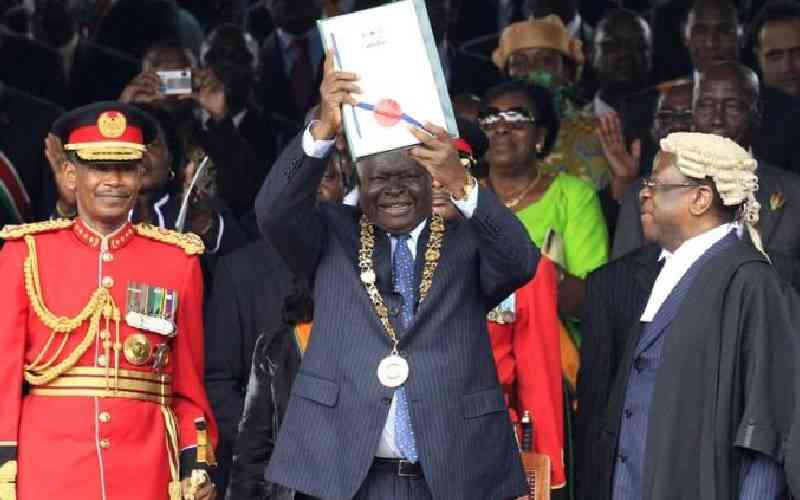
Government institutions, civil society organisations, scholars, other groups and individuals have been invited to participate in public hearings held by the National Dialogue Committee (NDC), led by Wiper leader Kalonzo Mosyoka and National Assembly Majority Leader Kimani Ichung'wah representing the Azimio La Umoja and Kenya Kwanza sides respectively.
The talks have been centred around the topics chosen by the Opposition and government sides, including cost of living, economic and social rights, strengthening checks and balances, creating the office of Prime Cabinet Secretary and Leader of Opposition, and entrenching funds for MPs, Senators and Women Representatives.